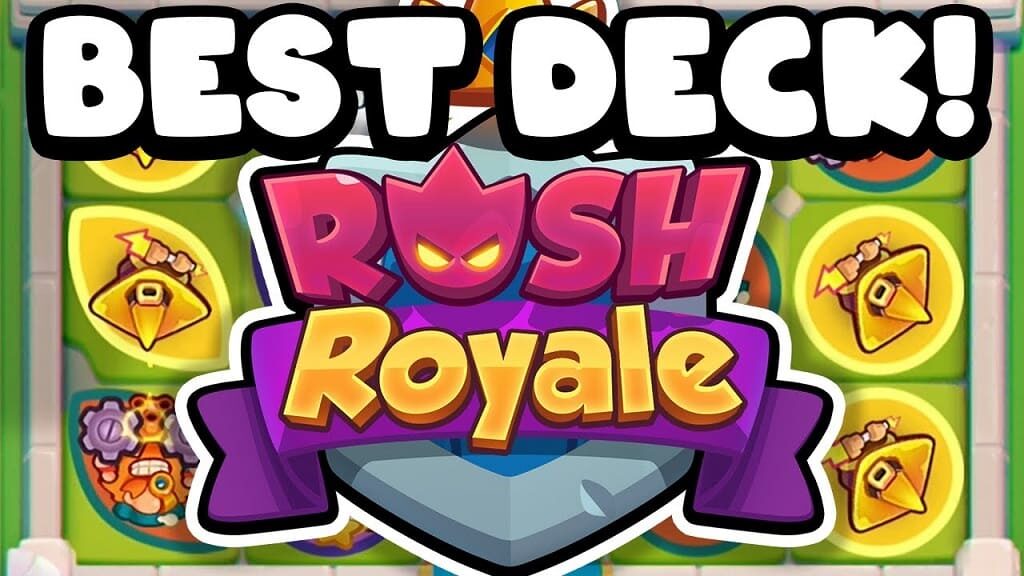With the ubiquity of the internet, online learning has become a popular way to gain new skills and knowledge. There are many advantages to learning online, including time and cost savings. In addition, there are a wealth of online learning tools and examples available to help you succeed.
In this blog post, we will discuss the benefits of online learning and review the top 5 online learning tools examples. We will also provide some tips to help you learn effectively online.
Table of Contents
Benefits of Online Learning.
There are many advantages to learning online. One of the most obvious advantages is that it is convenient and flexible. You can study at any time and place that works for you, without having to commute to a physical campus. This can save you time and money, especially if you live far from a college or university.
Another advantage of online learning is that you can often access high-quality resources and instructors. Many top colleges and universities now offer online courses taught by renowned professors. In addition, there are numerous free online courses and resources available from respected providers such as Khan Academy, Udemy, Coursera, edX, and Code Academy.
Finally, learning online can help you develop important skills such as self-discipline, time management, and independent research. These skills are valuable in both your personal life and your career.
Top 5 online learning tools examples
Khan Academy
Khan Academy is a free online learning platform that offers courses in a variety of subjects, including math, science, history, and more. With Khan Academy, you can learn at your own pace and track your progress with quizzes and practice exercises.
Udemy
Udemy is an online learning platform that offers courses in a variety of subjects, including business, programming, design, and more. With Udemy, you can watch lectures and complete assignments at your own pace. You can also get feedback from other students in the course forums.
Coursera
Coursera is an online learning platform that offers courses from top universities and colleges around the world. With Coursera, you can watch lectures and complete assignments at your own pace. You can also connect with other students in the course forums to discuss the material.
Code Academy
Code Academy is a free online platform that teaches people how to code through interactive exercises. With Code Academy, you can learn at your own pace and see your progress as you go through the lessons. You can also ask questions and get help from other coders in the community forum.
edX.
edX is a massive open online course provider founded by Harvard University and MIT. It has over 2,500 courses from 140 institutions. With edX, you can watch lectures and complete assignments at your own pace. You can also join discussion forums to interact with other students taking the course.
Also Read, Discover the Top 5 Free AI Writing Tools : Unleash Your Creativity How to Unlock the Potential of ChatGPT and Why its Trending Now!
Tips to Help You Learn Online.
When you are learning online, it is important to have goals in mind. This will help you stay motivated and on track. Without goals, it is easy to get sidetracked or lost in the material.
To set goals, start by asking yourself why you want to learn online. What are your specific goals? Once you have answered this question, you can start setting some smaller goals that will help you achieve your larger goal.
For example, if your goal is to learn how to code, a smaller goal could be to complete one coding tutorial per day. Or, if your goal is to improve your English skills, a smaller goal could be to practice for 30 minutes every day.
Setting goals will help keep you focused and motivated as you learn online.
Create a Study Schedule.
Another tip that can help you learn online effectively is to create a study schedule. This schedule should include both daily and weekly tasks.
Daily tasks might include things like reading for 30 minutes or watching one video lesson. Weekly tasks might include things like completing all of the assignments for one course or spending two hours practicing a new skill.
Having a study schedule will help ensure that you are making time for your online learning goals every day and week. It also allows you to break down your goals into manageable chunks so that they don’t feel so overwhelming.
Utilize Online Resources.
When learning online, there is a wealth of resources available at your fingertips—use them! There are many free resources available online, such as video lessons, articles, eBooks, etc.,
that can aid in your learning process In addition, most online courses come with some sort of supplemental materials, such as PDFs or PowerPoint presentations, which can also be helpful. Be sure to take advantage of all the resources available to you as you learn online. Schedule Breaks.
Learning can be taxing on both your brain and body so it is important to schedule breaks for your study sessions Taking breaks allows you to rest and rejuvenate which makes it easier to focus when you return to studying For every 50 minutes that you spend studying, take 10 minutes to break; during this time, stretch, grab a snack, or just step away from the computer screen
Find a Support System.
It can be difficult learning online without any support from others; however, there are many ways to find support systems while learning virtually. One way is by participating in discussion forums related to your course material here you can ask questions and receive feedback from other students who are also taking the same class
You can also join groups related either offline or online where members share similar interests these groups provide an excellent opportunity for networking and collaboration Finally, you can always reach out to your instructors or teaching assistants for help; they are there to support you in your learning process!
Conclusion
As we continue to live in a digital world, it’s important to know how to learn online. With so many resources available, it can be tough to know where to start. That’s why we’ve put together a list of the top 5 learning tools to help you get started.
Khan Academy, Udemy, Coursera, Code Academy, and edX are all great places to start your online learning journey. Each one offers a different range of courses and programs, so you can find the one that best suits your needs.
To make the most out of your online learning experience, there are a few things you can do: set goals, create a study schedule, utilize online resources, scheduled breaks, and find a support system. By following these tips, you’ll be well on your way to success.



















